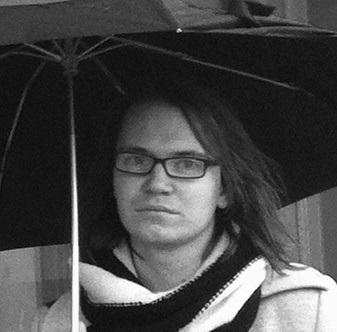 Mark may no longer be a full-time UEP post-doctoral researcher, but he’s still a part of the team. He was responsible for secondary analysis of surveys and different forms of mapping of Manchester-Salford, Aberdeen, and Gateshead.
Mark may no longer be a full-time UEP post-doctoral researcher, but he’s still a part of the team. He was responsible for secondary analysis of surveys and different forms of mapping of Manchester-Salford, Aberdeen, and Gateshead.
I’m now a lecturer in Quantitative Methods (Sociology) at the Sheffield Methods Institute, University of Sheffield; before that I worked at Manchester as a full-time researcher and at York as a teaching fellow. Before that I did my doctoral work at Oxford about disentangling the relationship between cultural capital and educational and occupational attainment using cohort data.
Broadly, I’m interested in the relationship between culture and inequality, and how we can use quantitative methods to investigate it. I’ve written about social class, music, and what it’s like to be an early career researcher in research projects that involve coproduction, and I’ve talked about all those things plus quantitative approaches to coproduction, romantic novels, maps, and lots more.
In the secondary analysis of surveys, I’m interested in understanding how data that’s previously been used to investigate formal culture can be analysed to shed light on different kinds of activities. The main survey I’m using is Taking Part, which has been heavily used before in understanding people’s participation in formal culture, in sport, and in volunteering; I’m trying to understand how these things fit together, particularly when you take everyday activities into account, and how this maps onto issues of social inequality.
In the cultural ecosystems, I’ve been using information on demographics, on participation, and on cultural and community assets at very local levels in order to understand how and whether different forms of participation have distinct local signatures. This has involved combining data from a range of official sources, such as the census, with data that’s been revealed to us more informally.
 My insistence on how cultural consumption is socially stratified goes out the window when I start banging on about the relative (moral, aesthetic, etc.) merits of different kinds of video games, which only gets more tiresome when its difficult 2D platformers. I’ve spent much of the last ten years in bands with people who are now in better, more successful bands.
My insistence on how cultural consumption is socially stratified goes out the window when I start banging on about the relative (moral, aesthetic, etc.) merits of different kinds of video games, which only gets more tiresome when its difficult 2D platformers. I’ve spent much of the last ten years in bands with people who are now in better, more successful bands.
